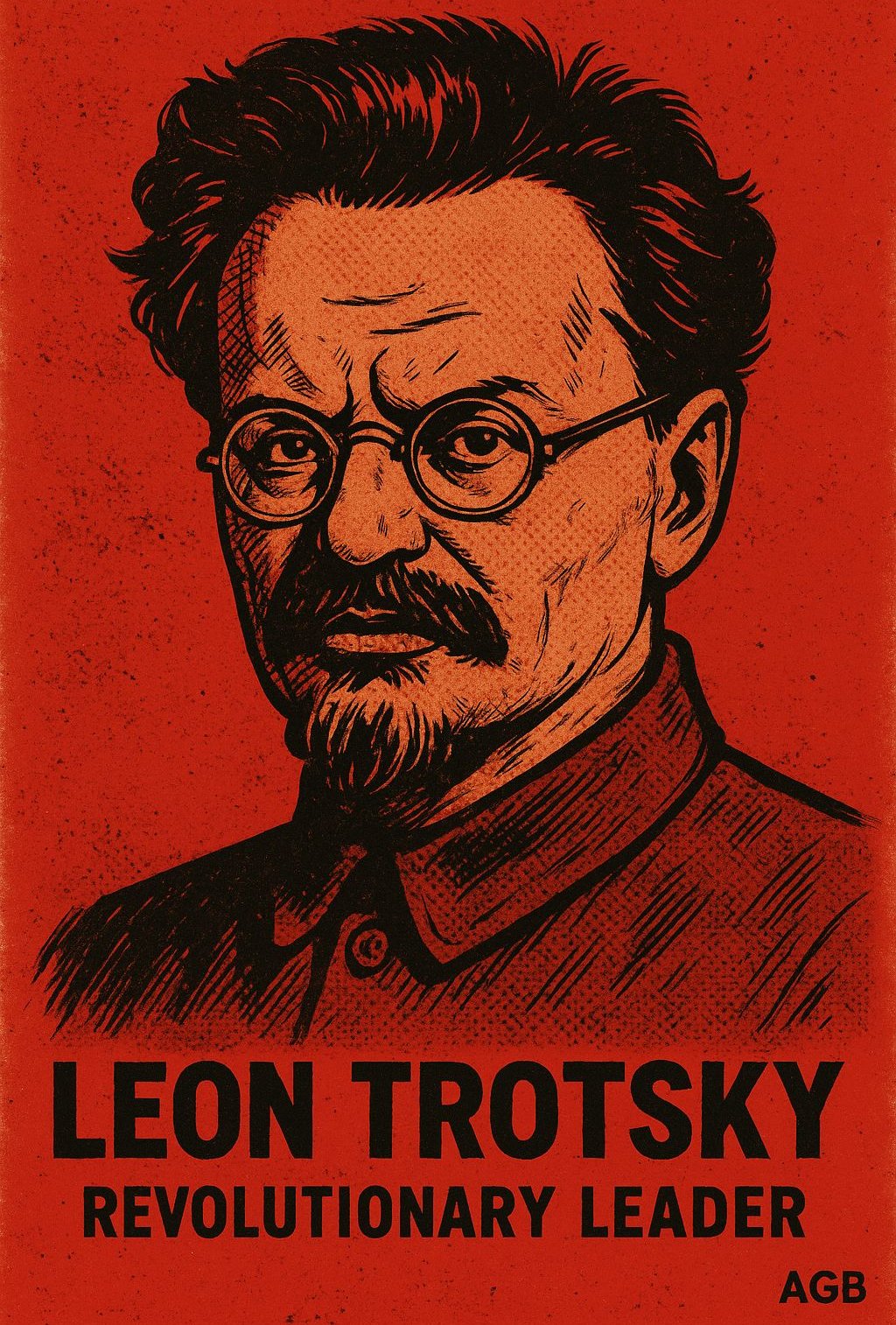Revolutionary Form of Government: Pwede Nang Hindi Bayaran Ang Utang Ng PIlipinas?
This post is an answer to the question posed by one of MCT's followers on Facebook: Is it possible to skip paying the national debt if we transition to a revolutionary form of government?


Nag iwan ng tanong ang kasama nating si KM Mac, sabi po niya:
Totoo ba na kapag naging revolutionary government ang gobyerno ng Pilipinas, mabubura ang utang natin?
That question’s been floating around for years—shared in posts, whispered in forums, even thrown around during political debates.
But where did it come from?
Sino ang nagsimula nito?
And more importantly: may laman ba?
Tara, sagutin natin.
Saan galing ang ideyang ito?
The idea that a revolutionary government can just “reset” national debt isn’t made up entirely, but it's not as simple as flipping a switch either.
Historically, Russia did it in 1918.
Right after the Bolshevik Revolution, the new Soviet government refused to pay the debts left behind by the Tsar.
They basically told Western banks:
“Hindi ito utang ng taong bayan. Ito'y utang ng mga hari na di namin pinili.”
Leon Trotsky even said: “Gentlemen, you were warned.” That move shook the world of international finance. Legit.
But here's the thing—they paid a high price.
Russia got cut off financially.
Other countries wouldn’t trade with them.
They became isolated.
Parang tinanggal sa group chat ng mundo.
May mas lumang examples pa ba?
Surprisingly, oo.
Thousands of years ago, rulers in Mesopotamia like Hammurabi would declare “debt jubilees”—basically, a mass cancellation of debt every few years, especially during times of political change or unrest.
Ang reason? To prevent rebellion.
Too much utang meant too much suffering, and leaders wanted to keep the peace.
Even in the Bible, may ganitong concept.
Every so often, debts were forgiven to give people a fresh start.
Sounds nice, di ba?
But again, totally different era, smaller economies, less global dependence.
Pero legal ba ‘yan ngayon?
There’s something in international law called the Odious Debt Doctrine.
It says that if a dictator borrowed money without the people’s consent and used it for things that hurt the country, then the new government can say:
“Sorry, that’s not our responsibility.”
This idea was written down by a Russian lawyer named Alexander Sack in 1927.
Pero sa totoo lang, hindi ito universally accepted.
Most creditors—and international financial systems—don’t recognize this as solid legal ground.
Hindi ito parang “official rulebook” na sinusunod ng lahat.
May isa pang idea na tinatawag na state succession theory.
It says that when a new government takes over, especially after a major revolution, it may or may not take on the past government’s obligations.
But again, it depends on the situation, the country, and international pressure.
So... puwedeng gawin ng Pilipinas ‘yun?
In theory? Puwede.
In reality? It would come with massive consequences.
International backlash.
Western countries didn't take Russia’s move lightly. Some even supported military action partly because of it. Imagine the pushback if we tried the same.
Economic isolation.
No more access to credit. Investors pull out. Trade gets harder. Loans become nearly impossible. Think Venezuela or North Korea-level struggle.
Legal complications.
Modern debt isn’t just borrowed from one place. It’s spread out—private creditors, international banks, multilateral institutions like the IMF. Untangling that web isn’t as simple as declaring “revolutionary government na kami!”
So bakit naniniwala ang ilan dito?
Because it taps into a real frustration.
We see how heavy the national debt is. We feel it in our taxes, in our budget cuts, in underfunded public services.
Kaya when someone says “Alisin natin ‘yan sa isang iglap,” it sounds hopeful—empowering even.
But behind that hope is a harsh truth:
wala pang bansa in recent history na naging utang-free dahil lang sa pagbabago ng gobyerno—without consequences.
The theory has roots in history, yes.
But it’s not a magic pill.
Ang bottom line:
Yes, there are historical examples and some legal gray areas that support the idea.
But applying it today is a whole different beast. Revolutionary governments can try to cancel debt—but they often pay with isolation, economic collapse, or worse.
So the next time someone asks, “Pag naging revolutionary government ba, mawawala utang ng Pilipinas?”—ang sagot:
Depende.
Pero kung tanong mo ay: “May safe, certain, and painless way ba para gawin ‘yun?”
Wala.
Sources:
Russia: Origin and consequences of the debt repudiation (CADTM)
Russian debt repudiation, 100 years on (MR Online)
Repudiation of debt at the Russian Revolution (Wikipedia)
Debt for Climate – The Russian Revolution 1918
The Bolsheviks to Putin: A history of Russian defaults (TBS News)
The Long Tradition of Debt Cancellation (CADTM)
Debt Jubilee: Lyn Alden
Could/Should Jubilee Debt Cancellations Be Reintroduced Today? (Michael Hudson)
Odious Debt – Wikipedia
The Doctrine of Odious Debt – CADTM
The Concept of Odious Debt in Public International Law (UNCTAD PDF)
Decolonization and Sovereign Debt (Oxford Academic)
State Succession and Property Debts (Institute of International Law PDF)
The Succession of States and the Problem of State Debts (CORE PDF)
Odious Debt: Brookings
Odious Debt – National Bureau of Economic Research
Contact us
subscribe to morning coffee thoughts today!
inquiry@morningcoffeethoughts.org
© 2024. All rights reserved.
If Morning Coffee Thoughts adds value to your day, you can support it with a monthly subscription.
You can also send your donation via Gcash: 0969 314 4839.
